During the darkest days of the Holocaust, 63 diplomats from 24 countries risked their careers, in some cases their lives, by issuing unauthorized visas and protective letters to save an estimated 200,000 Jews.The deeds of four of these brave envoys are honored in the documentary film “Diplomats for the Damned,” to air Sun., Nov. 26, on the History Channel.
The rescuers were not highly placed ambassadors and plenipotentiaries, but middle-level consuls and attachés who had every incentive to play it safe and follow orders from above.
Chronicled in the documentary are American Hiram Bingham, Aristides de Sousa Mendes of Portugal, Charles Lutz of Switzerland, and Georg Ferdinand Duckwitz of Germany.
As U.S. vice consul in Marseilles in 1940, Bingham defied orders and issued safe passes, letters of transit and falsified visas to save some 2,000 Jews, among them artists and intellectuals, including Marc Chagall and Max Ernst.
Sousa Mendes was the Portuguese consul general in Bordeaux during the fateful month of June 1940, when France fell and refugees desperately sought to escape the advancing Nazi army.Against direct orders from Lisbon, Sousa Mendes not only issued 10,000 visas to Jews and 20,000 to others, but personally conducted hundreds of Jewish refugees across a checkpoint at the Spanish border. For his courage, Sousa Mendes, the father of 13, was dismissed by his government, lost all his property, and died in poverty.
Lutz was the consul for Switzerland in Budapest during the last two years of the war. He invented the “protective letter” for Jews – later adopted by Swedish diplomat Raoul Wallenberg – set up a string of 76 “safe houses,” and even managed to channel 10,000 Jewish children to Palestine.Jewish relief agencies estimate that he saved as many as 62,000 lives.
While the American, Portuguese and Swiss diplomats paid for their humanitarianism with stunted careers, Duckwitz, a Nazi Party member, bet his life in saving Denmark’s Jewry.
As trade attaché at the German embassy in Copenhagen, he learned that on Rosh Hashanah 1943, the Nazis planned to round up and deport to death camps the country’s 7,000 Jews. He first flew to Berlin to try, unsuccessfully, to change his government’s mind, then to Sweden to arrange safe haven for the refugees, and then tipped off the Danish underground, which ferried the Jews to safety.
Fittingly, he was the one rescuer to benefit from his deeds when the postwar German government appointed him ambassador to Denmark.
Two points should be made about the four diplomats and dozens of their known and unknown fellow rescuers.
One, in a profession known more for bureaucratic punctiliousness than civil courage, they showed that one brave man can make a profound difference.
Secondly, Sousa Mendes, a deeply religious Catholic, and Bingham and Lutz, equally devout Protestants, were willing to act on their faith when most of Christian Europe turned its back. As the Portuguese envoy put it, “I would rather be with God against man than with man against God.”
The impact of “Diplomats for the Damned” will not end with the History Channel broadcast. On the initiative of the Committee for Righteous Deeds, founded by Rabbi David Baron of Temple Shalom for the Arts in Beverly Hills, special fundraising screenings will be held in various cities.
The proceeds will go toward buying some 2,000 videocassettes of “Diplomats,” complemented by a teacher’s guide for public and private schools created by Holocaust historian Michael Berenbaum, past president of the Shoah Foundation, who wrote the teacher’s guide for “Schindler’s List.”
The Los Angeles premiere was held last month, and future events are planned to Chicago, Washington, D.C., New York, Quebec, Montreal and Geneva.
“Diplomats for the Damned,” will air on the History Channel, Sun., Nov. 26, at 10 p.m.








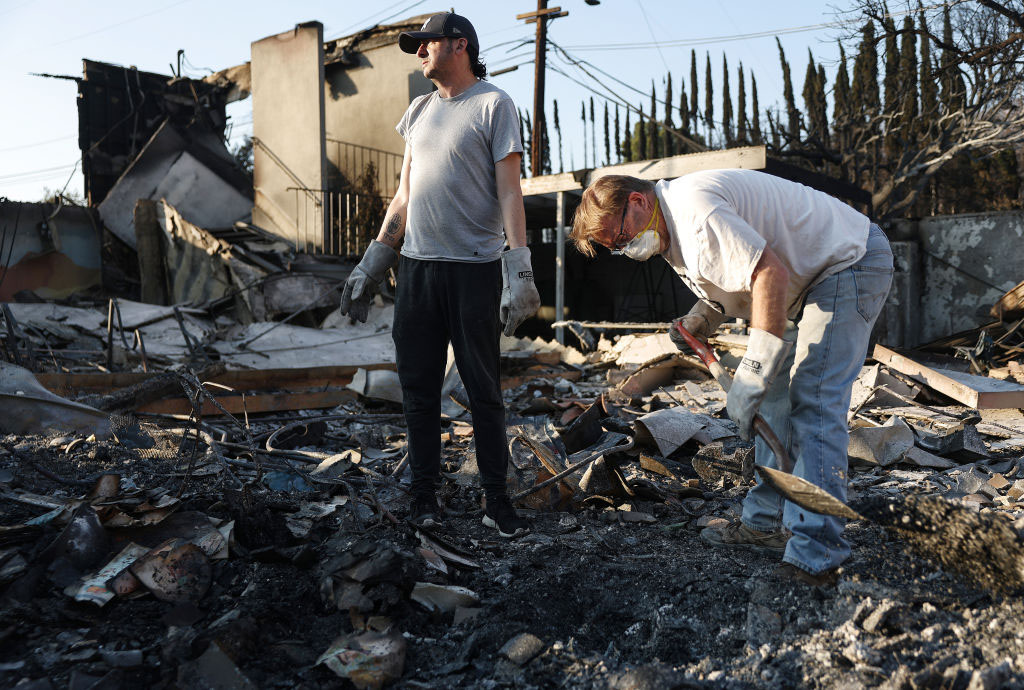


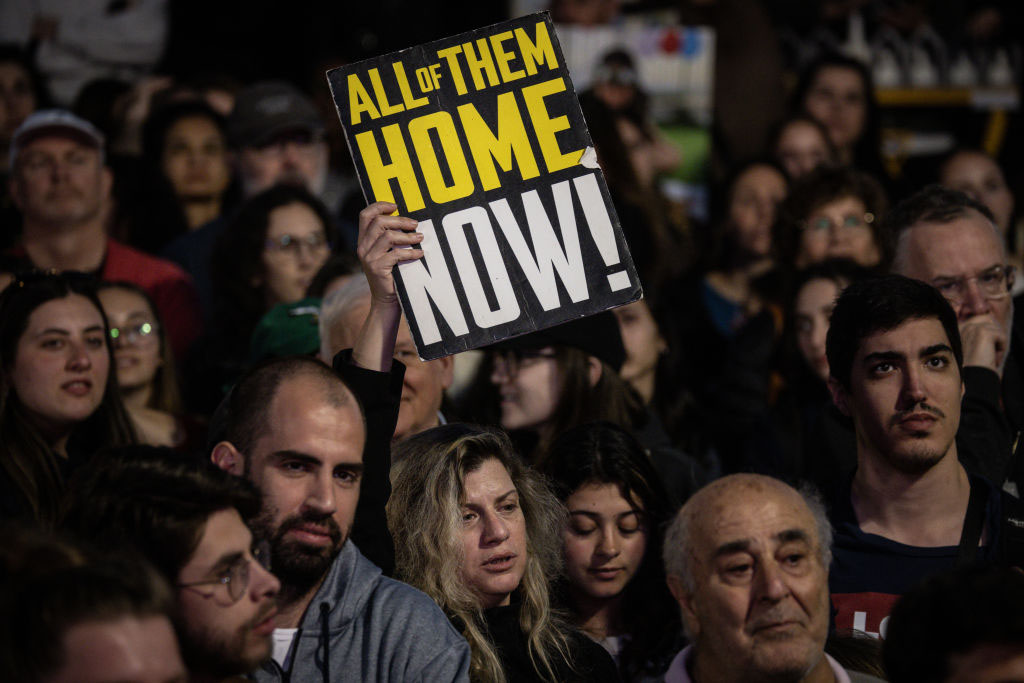

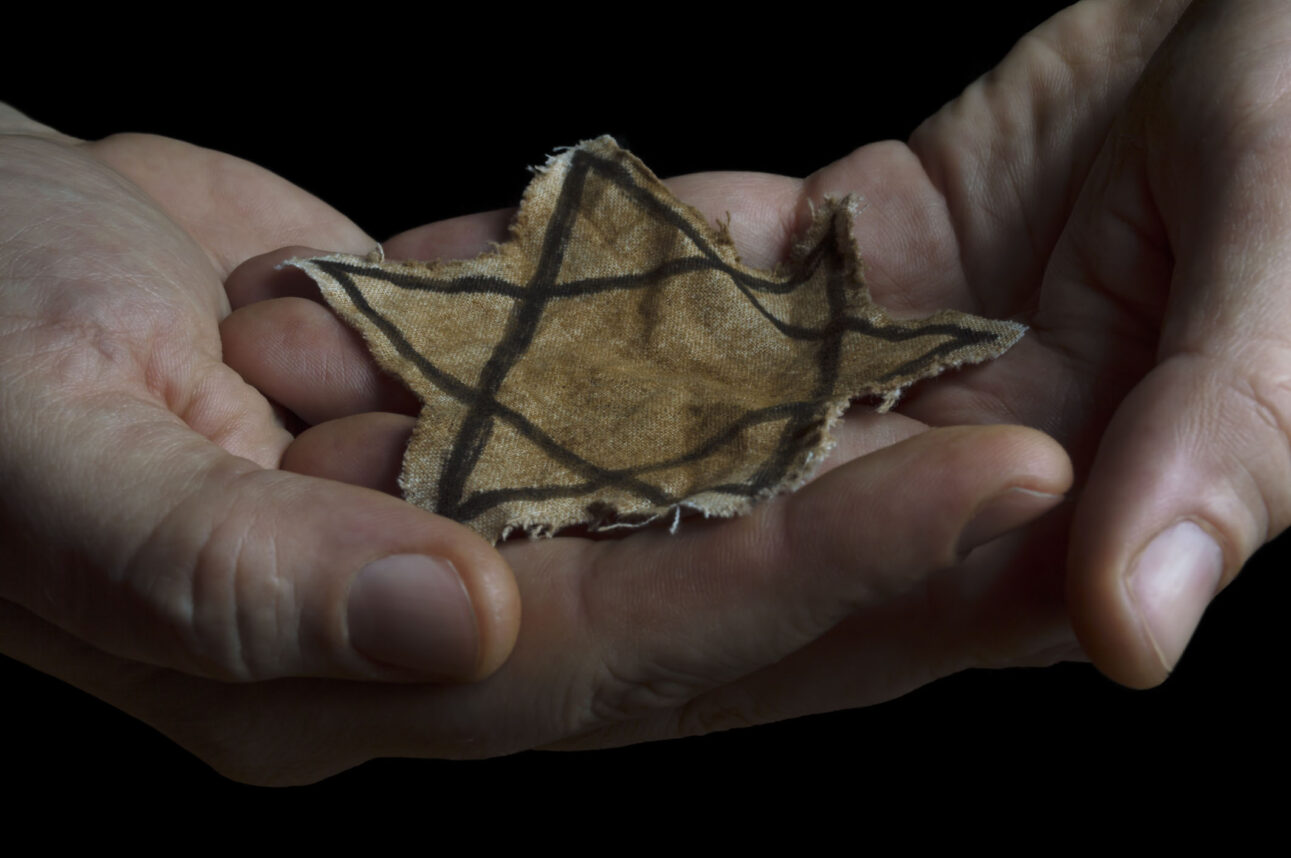


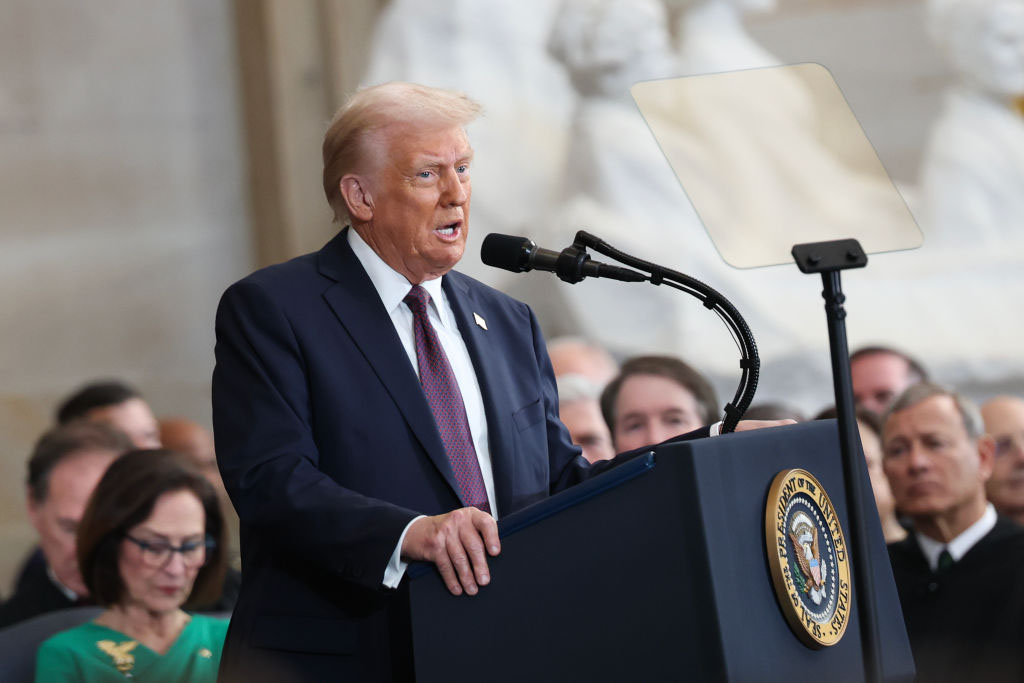
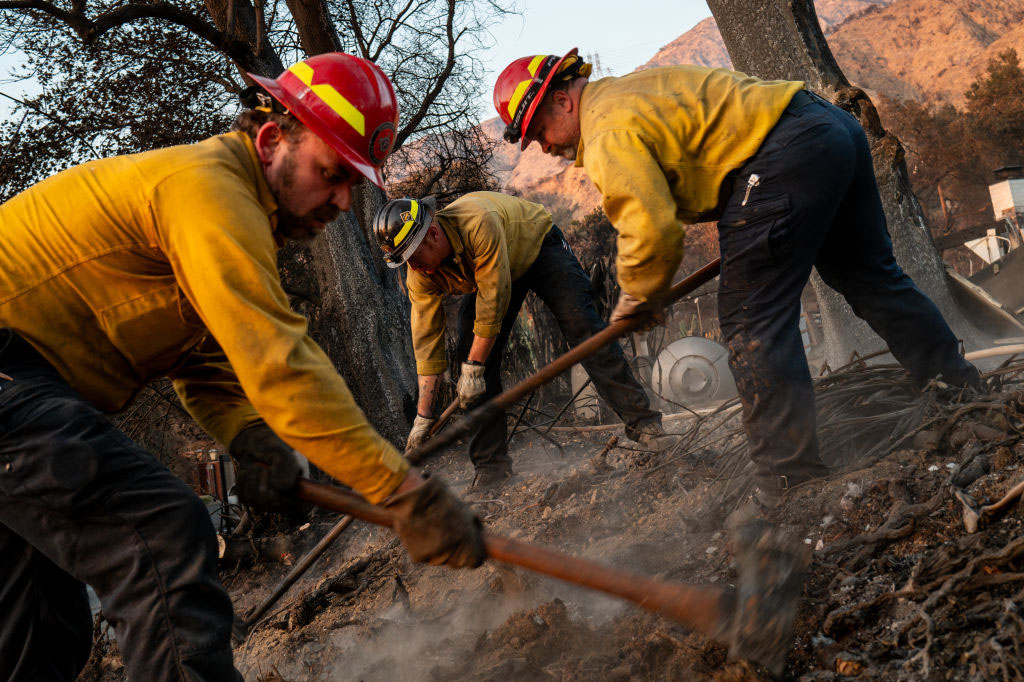



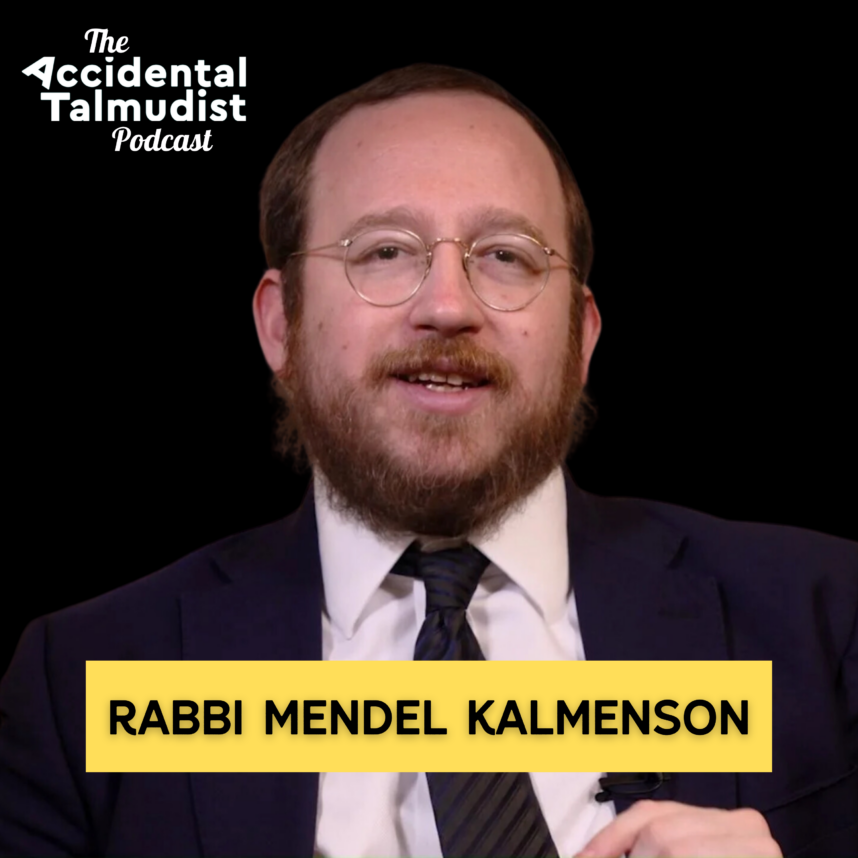
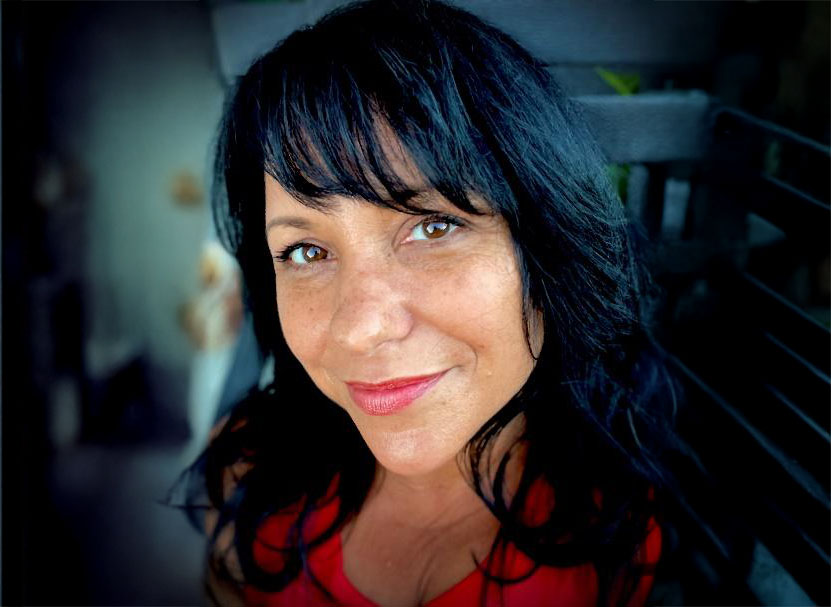

 More news and opinions than at a Shabbat dinner, right in your inbox.
More news and opinions than at a Shabbat dinner, right in your inbox.